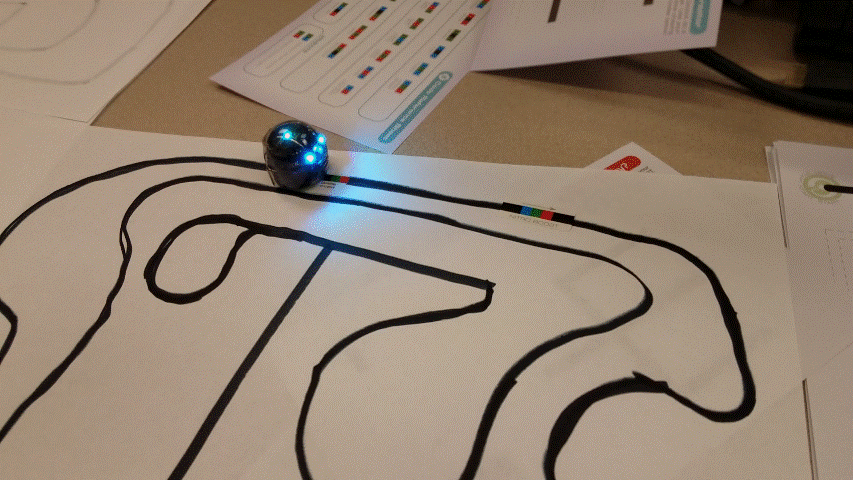I wrote this for the Watson Conference in August of 2016, but I didn’t do the best job posting that year. Hopefully that will change overall. Here it goes!
As the Watson Fellowship has wound down to an end, I have spent weeks, days, hours wondering how on earth I can convey my year in 10 minutes at the end of year conference.
It’s hard to believe that this is it. In my quarterly reports, I had written time and again about the anxieties I had faced about whether or not I was doing my Watson year the “right way,” wondering if there were other Watson Fellows out there who were equally apprehensive. And now that I have 10 minutes to tell people about a moment, feeling, thought, or memory that encapsulates my year, I’ve found myself at a loss for words. I’m not sure why I’m at such a loss, because I’ve thought about this, sometimes obsessed over, how I’ll remember this year in its richness.
My anxieties ebbed away as I began to rephrase my concerns. It was no longer about how I would present my project and year in 10 minutes. It became more about how I would remember and honor the people who let me be a part of their lives.
In the past few days that I’ve resettled back home, I’ve questioned: How will I remember everyone? How will we stay in touch? How will I apologize? How will I be present?
Today, I share something I wrote for someone.
Dear Ahmoy,
When I was a little girl, I found it so hard to express my feelings–whether in the form of apologies, disagreements, protests, vindications, or longing. It so often seemed that I was at a loss for words in person, and so I learned to hesitate at the sound of my voice. But in those moments when I felt so frustrated, so angry, so remorseful, or so hopeful that I could no longer contain it, I wrote letters. Over the years, I’ve written letters to cousins, to exes, to mentees, to people I’ve admired from a distance. This time, I write to you.
Ahmoy, I keep thinking about the time your family took us to Grand Port. It was still summer, but it was cool there on the southeast coast, where the gold-tipped grass swayed inland and the earth was rocky and moist beneath our sandals. I had come here before, but it was you and your family’s first time. I ran toward Le Bouchon, where it looked as though someone had taken a tremendous spoon and taken a clean scoop out of the cliffs, leaving behind a great mouth.
Here it was, the sea, no lagoon to neatly lay down borders for us. Le Bouchon gaped at us, as if being inundated with water poured down its throat, and it gurgled, gurgled, gurgled.
We stood 10 feet from the edge, but your father told you not to stand so close, for fear that you’d fall. While everyone backed from the edge, your sister-in-law turned to me and asked me in Mandarin, “Ni yao qu na bian? Do you want to go there?” She pointed at the sinew of rock, strung from one end of the mouth to the other, creating a natural bridge. I had crossed it before.
The two of us went for it, leaving you following far behind. There they were, your aunts uncles and cousins watching us on the other side, waving their hands frantically, begging us to come back, not to venture too far, dare not cross the bridge. Your sister-in-law strode to the middle of the bridge in her plastic flip flops, pausing only to turn and extend her hand toward me. “Lai. Come.” Taking a few steps forward, I saw you still frozen at the beginning.
Your family called out to your sister-in-law telling her to come back. Everyone yelled at me in Hakka, “Mau hsee!”–don’t go! Your mother cried out your name, already envisioning you falling down, down, down into Le Bouchon. Your sister-in-law held my hand, and I reached to hold yours, because if there’s anything I’ve learned about myself this year, it’s that I can communicate neither belonging nor loneliness in words alone.
Ahmoy: my father and many men have asked me what I would present about my year, about their community, about our folks. “Won’t you tell them that arranged couples were happy? It’s not so bad,” one person suggested.
Ahmoy, you and I both know that it wouldn’t be enough, and that bridge says a lot about how we live.
Some of us find a way to easily traverse from one end to the other. Some of us make it to the other end, but seemingly at the cost of no return.
None of us made it across the bridge that day. We went back the way we came, getting scolded all the while. Your sister-in-law said we could have quickly made it across if you hadn’t been so afraid to go with us.
Ahmoy, take your time crossing every bridge to come, and in times when you want to go back the way you came, know that you will try again when you are ready.
